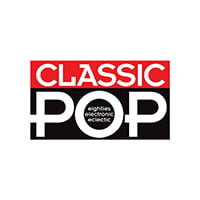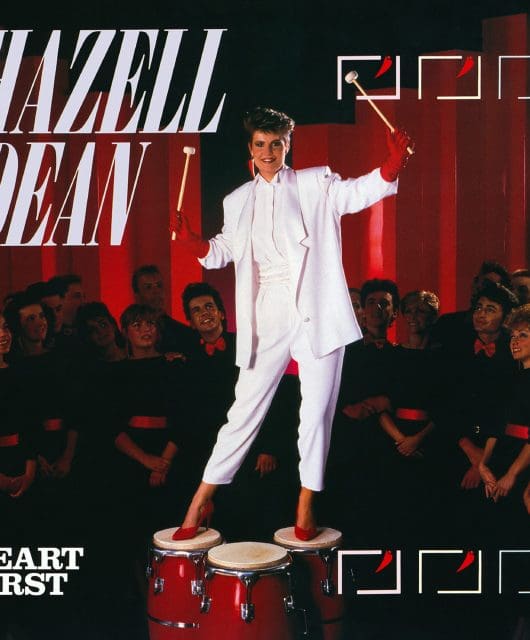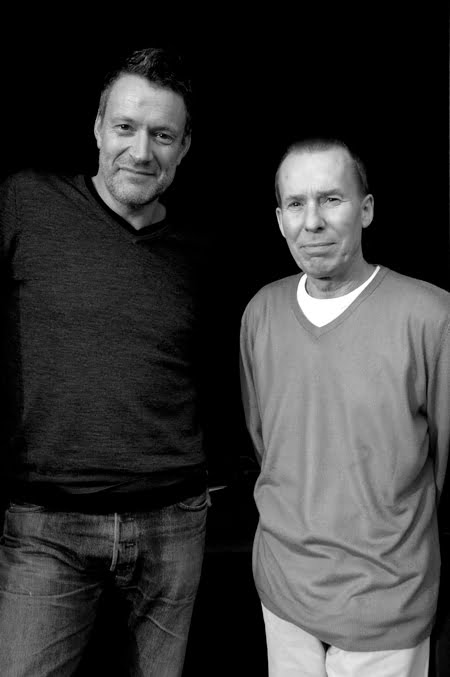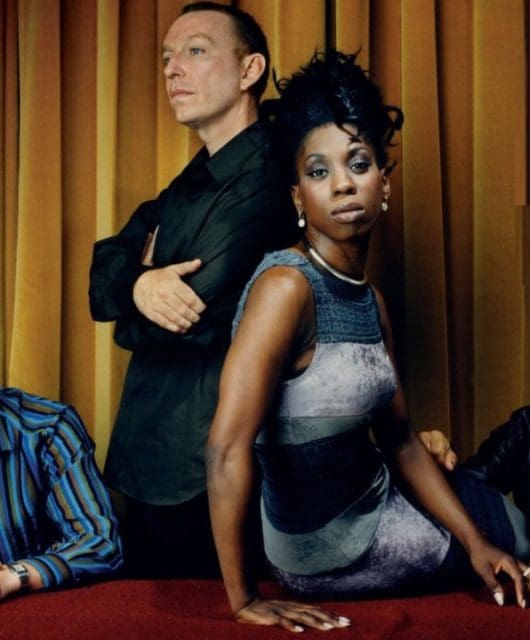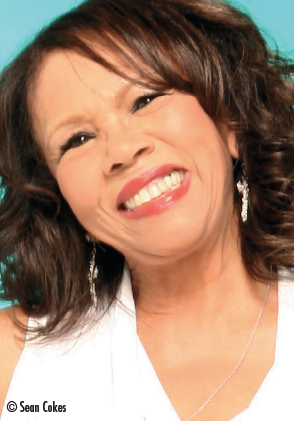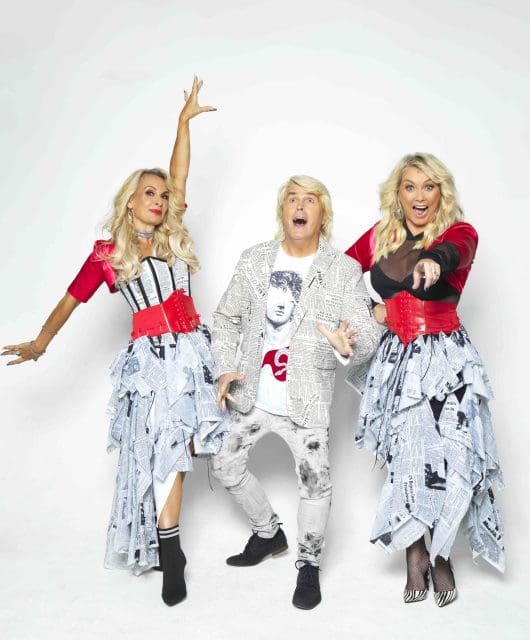Q+A: Tracey Thorn
By Classic Pop | March 13, 2020
Tracey Thorn has been making pop music in various guises since she was a teenager…
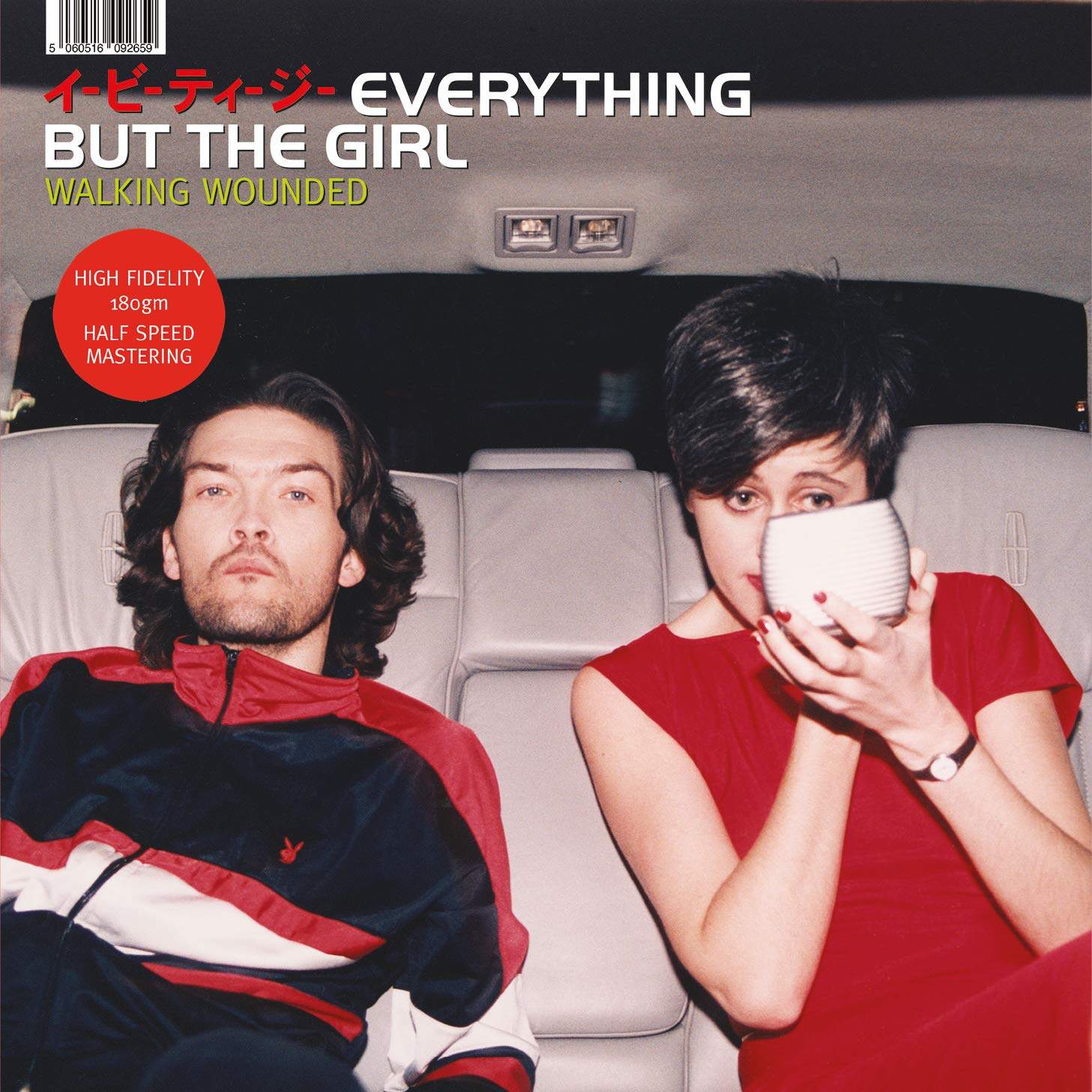
While still in Marine Girls – a lo-fi post-punk outfit cited by Kurt Cobain as one of his favourite bands – she formed Everything But The Girl with Ben Watt. She has also released five solo albums, most recently 2018’s Record, and has just published her third book, Another Planet: A Teenager In Suburbia, in which she revisits her formative years in a 1970s commuter town.
What was the impetus for writing Another Planet?
I was asked a while ago to contribute a short monograph to be part of a series of nature writing. The idea was that I would write something about the natural world – perhaps a landscape I had a connection with. I thought, “I can’t do that, I don’t know anything about nature.” Where I came from, there wasn’t really any landscape. And that got me thinking. I wondered whether in fact that in itself was the germ of an idea – turning my attention to the suburban landscape I knew so well.
What did you learn about your younger self in the process of writing the book?
The teenage me was quite a mercurial character. A bit of a drama queen. Desperate for excitement and thrills, and wanting something to be happening all the time – but also tortured by various anxieties. I wrote an awful lot about being bored and yet, reading my diaries, it all sounds quite action-packed. There was certainly a lot going on inside my head all the time.
Did writing diaries as a teenager go on to inform your lyric writing?
Yes, I think it did. In the early days, there was a complete crossover – things that appeared in my diaries then appeared in songs. But it also just started the habit of writing things down, which is one I’ve never lost. My instinct, still, is to take notes, try to capture things in words, try to make sense of life – which is so complicated and uncontrollable – by expressing it.
When did music become a significant part of your life?
It was probably around 1977/78, when I started buying a lot of records, mostly singles, and begin reading the music papers, especially the NME. But I think even before that, when I had only a handful of records, I used to listen to the radio a lot, and I got very emotionally attached to songs I liked. So perhaps it was always really important to me, even when it seemed like it was in the background.
How important was punk for you and, in particular, bands such as The Slits?
It was very important. And yes, the fact that there were women involved meant that – as well as just buying records and going to gigs – there was the sudden possibility of actually joining in with this, buying a guitar, forming a band. It turned me from someone who felt very passive about her life, into someone extremely proactive, seizing control of what was going to happen, making things happen rather than waiting for someone to do it for me.
You formed your first band at the age of 17. Did it give you the chance to make your mistakes before you were in the public eye?
Oh no, I don’t think that’s how music works! I think you make mistakes all the time, at whatever stage. Or equally, you could say that nothing is a mistake, that it’s all important, and all part of what makes you what you are. I certainly didn’t learn anything about how to be famous or whatever, because you can’t learn that until it happens to you. And then you just have to deal with it.
What prompted the electronic direction of your recent solo album, Record?
It was partly the fact that the last music I’d made, for [acclaimed 2014 film] The Falling, was very acoustic and minimal. So I wanted to do something a bit more dancefloor-based this time – which, for me, means electronica. And also I was determined to make a record that was upbeat in mood, because mentally I was feeling, like a lot of people, so downhearted. So the idea was powerful lyrics about how you feel right now and grooves.
Do you have any musical projects coming up?
There are a couple of collaborations in the pipeline, neither of which I can tell you about, hahaha!
Oliver Hurley
Click here to read more Classic Pop interviews
